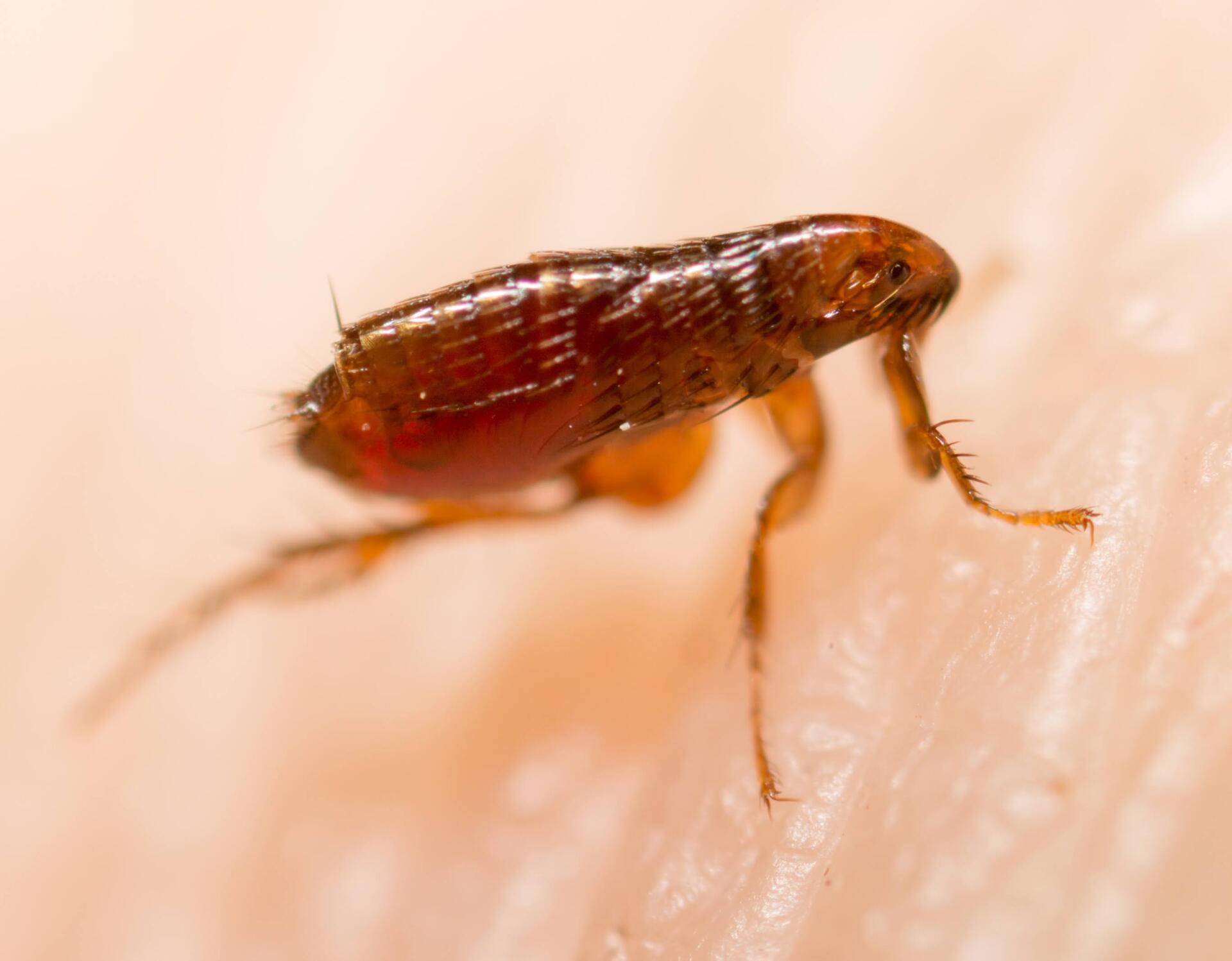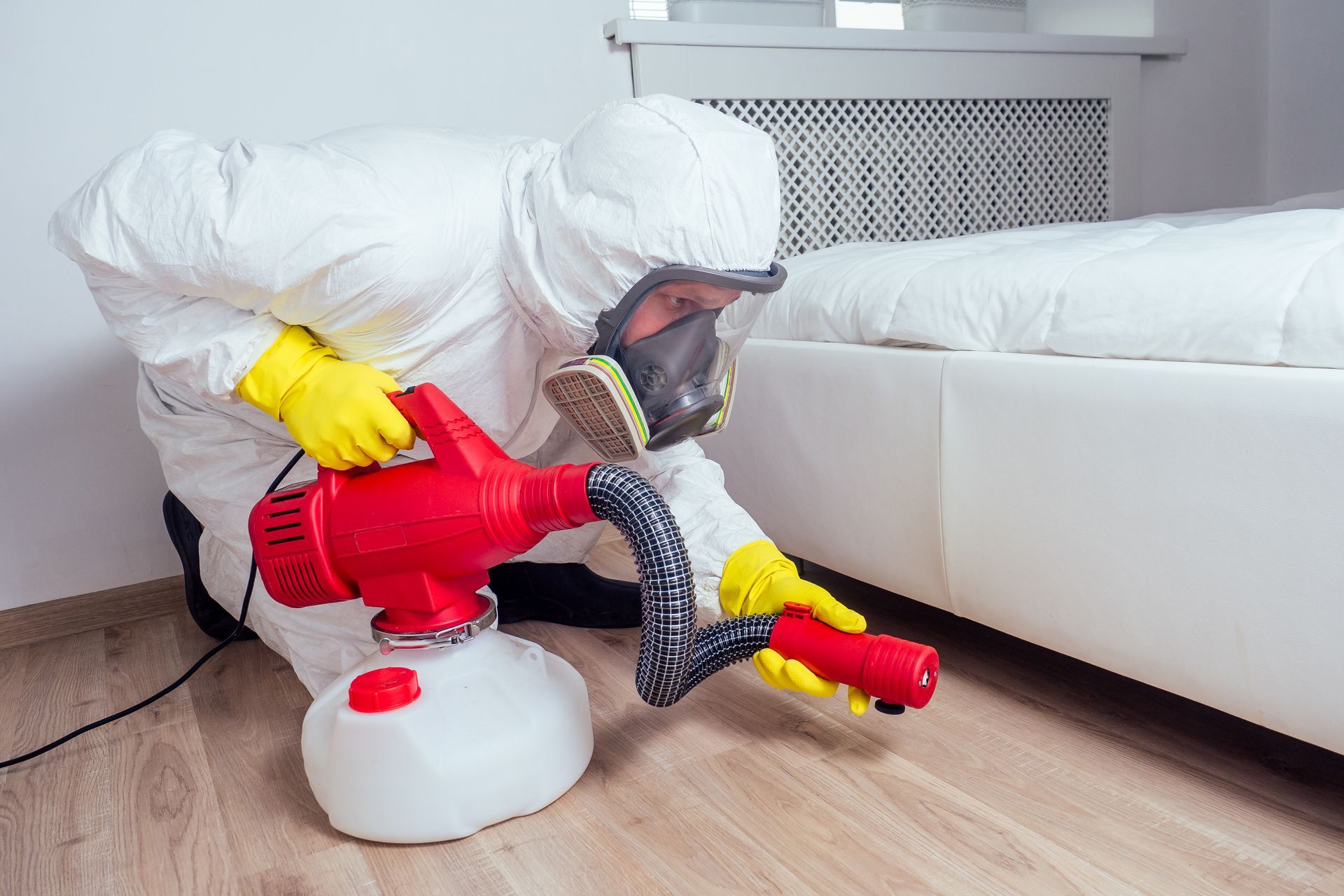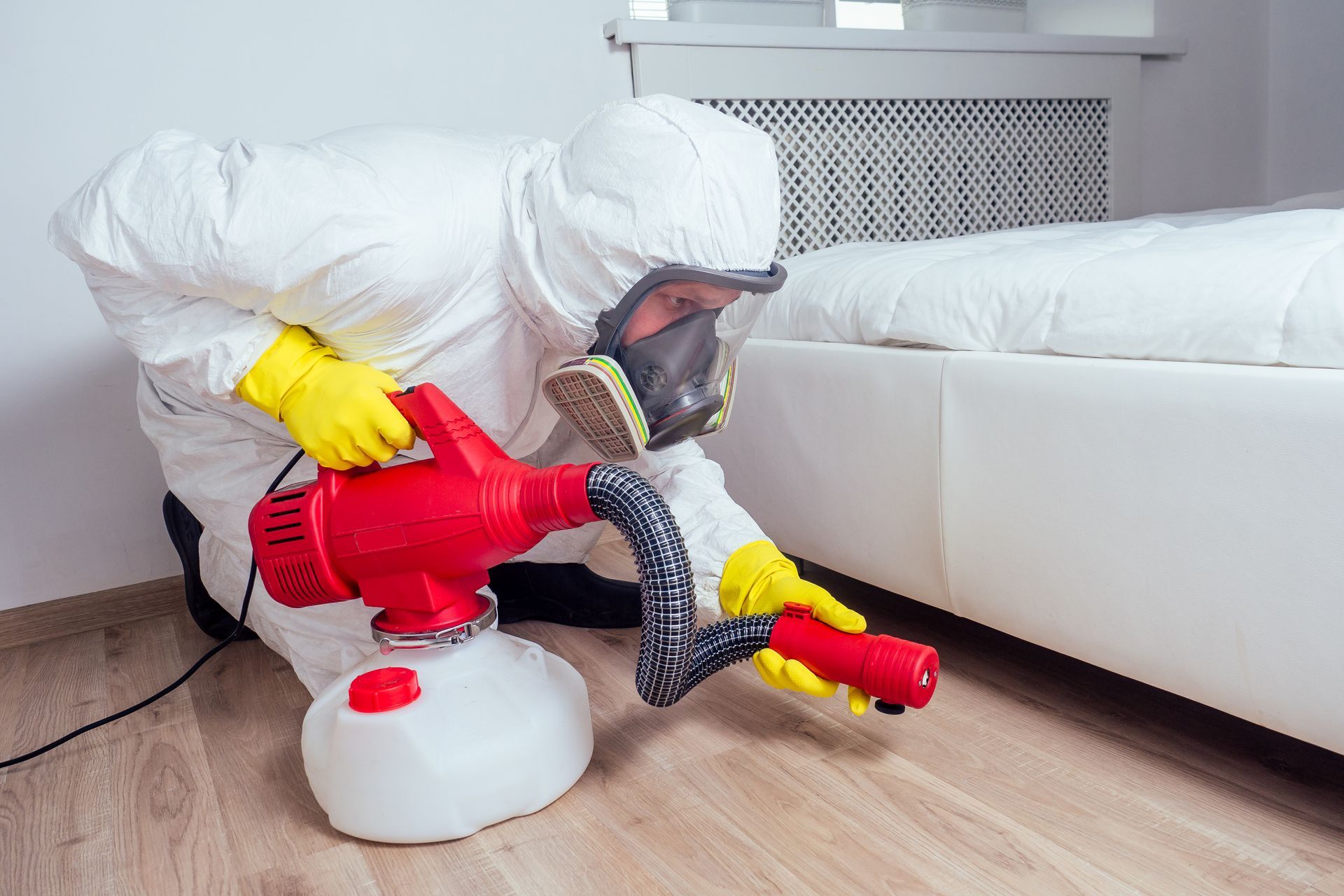Your Flea Infestation Guide

Fleas are parasites that love to dine on dogs, cats, and other furry critters. However, if given the opportunity, they will invade your home and feed on you. If you have been feeling the itch, you may have a flea infestation. If you would like to know more, keep reading.
Signs of Flea Infestation
You'll need to check a few spots for signs of flea infestation. First, check yourself for signs of bites and itchy spots. They can occur anywhere, but they are common on the ankles, as the fleas jump from the floor to you.
Naturally, if you see the flea feeding, this is a bad sign. Similarly, check your pet for fleas, bites, and scratching. Many
dogs and cats develop allergies to fleas. If this happens, your pet may develop:
- An itchy rash
- Bleeding/scabbing from too much scratching
- Hair loss in itchy areas
- Raised pink bumps
Besides fleas, you may spot flea droppings, which look like bits of sand, salt, or pepper. You should be able to spot them on your pets, but you may also see some where your pet sleeps or spends a lot of time, such as your bed. Of course, you
may also see fleas jumping from you to your animal or other different fabrics.
Causes of Flea Infestation
Fleas often come from other animals, but they may also hitch a ride on you or your pet from outside. Your house can become infested with fleas if you don't have pets, but it is more common if you do. Once inside the house, the fleas start to lay eggs in various fabrics (and your pets), especially carpet, and the cycle begins.
The leading way to prevent flea infestations is to regularly use flea control on your pets. Regular vacuuming can also help, especially if you have carpeted areas or other fabrics near exterior doors.
Complications of Flea Infestation
If either you or your pet starts itching too much from flea bites, it can lead to a secondary infection. When you aggressively scratch, it tears open the skin, which creates a doorway for bacteria to enter. On top of that, fleas commonly carry parasites, especially tapeworms. If you or your pet accidentally ingests the wrong flea, you could get infected with the parasite.
Most importantly, however, fleas can transmit disease. One of the most common diseases spread by fleas is flea-borne typhus, which presents with flu-like symptoms. Some patients need antibiotics to fight the infection.
One of the most notorious diseases spread by fleas is the black plague. While uncommon, this disease still exists and can have severe consequences if not treated immediately.
Treatment for Flea Infestation
If you only notice fleas on your pets, start flea treatment immediately, but if your home is already infested, you may need professional treatment. Even deep cleaning may not be enough because the fleas are hiding in every inch of your home, including deep in the carpet fibers.
You may be able to buy some flea-killing solutions at the store, but it can be hard to treat every surface. On top of that, they may not be as effective as they use professional chemicals. They may use special treatments like fumigation and heat treatments to fully kill the fleas at every stage. Best of all, these treatments still only cost about $175 to $500.
If you only have one room or one piece of furniture that is infested with fleas, you may be able to treat it yourself with a flea bomb or flea spray. However, for a full infestation, you need professional fumigation to kill every bug, larvae, and egg. Fleas are gross, but they can also cause disease and make you miserable. If you would like to know more, contact us at American Pest Professionals.









